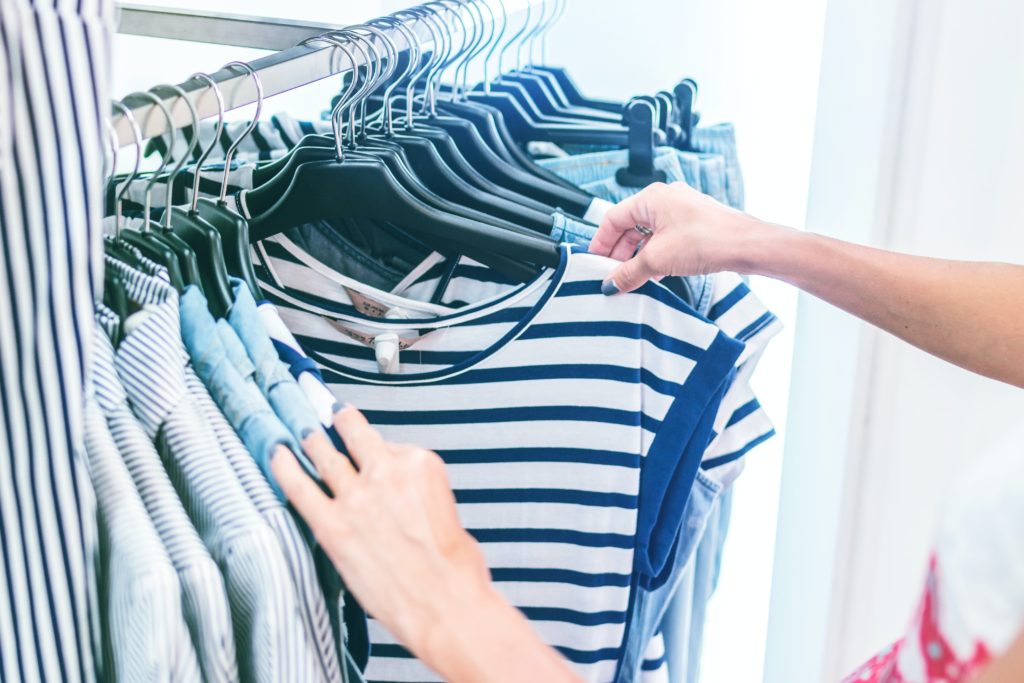3 Mins Read
Research conducted by consumer rights group Euroconsumers has highlighted a knowledge gap when it comes to verifying true green claims versus greenwashing. The survey was conducted via a self-administered questionnaire in 2021 in Belgium, Italy, Portugal and Spain. Findings are representative of the general populations, spanning ages 18-74.
Consumer trust in green claims is low. The reasoning for this has been linked to packaging confusion and unsanctioned standards for environmental ambitions. Though it has been shown that consumers are willing to engage with conscious purchasing, labelling needs to make it easier to do so, according to the new survey.

Helping the consumer identify greenwashing
Euroconsumers conducted the survey to determine interest in green claims. Following data analysis, it is now “eagerly awaiting” the European Commission’s new initiatives to empower consumers to make better choices. This is considered to be a positive step towards eradicating commercial greenwashing.
“We need to make sure every green claim or label on the market, whether public or private one, is to be trusted”, said Els Bruggeman, head of policy and enforcement at Euroconsumers in a statement. “Only when knowing every label on the market is understandable, correct and trustworthy, will consumers be truly empowered to make confident choices for more sustainable options. Needless to say we are eagerly awaiting the Commission’s legislative proposals to tackle greenwashing”
The survey showed that consumers value labels as necessary tools for transitioning to conscious spending. It also demonstrated a desire by most to embrace such a change; 93 percent considered ‘good ecological behaviour’ as somewhat to very important; 86 percent claimed to already take some positive action; 95 percent of respondents said they always use product labels to guide their purchasing decisions; 81 percent felt labels should highlight the environmental impact of said products.
Despite hailing labelling as critical, participants in the study revealed that confusion was common. 54 percent felt that environmental labelling is confusing and akin to a marketing ploy. 53 percent admitted to not being able to tell between true and false green claims. One of the most telling revelations was that only 18 percent of respondents trust public authorities to verify green claims. The number drops to 14 percent for private auditors.
Euroconsumers has now called a centralised accreditation scheme to vet green claims. This would be a proactive endeavour to prevent products reaching the market if found to be making false claims. The consumer cluster claims that this would be supported by end-users, with 86 percent stating fines should be imposed on false claimants.
“Consumers have a key role to play in the green transition. At Euroconsumers we do not merely want consumers to be at the centre of it, we want to empower them to become drivers for more sustainability” said Marco Pierani, director of public affairs & media relations at Euroconsumers, in a statement. “This means also getting rid of unclear, unsubstantiated and misleading claims that undermine consumers’ trust and ability to act.”

The quest for trust
Consumer trust is wavering. Daily reminders that fashion greenwashing happens, plus surprising lawsuits centred around recycling programmes have generated unease. Moreso, they create fatigue. Though a majority of people feel it is important to be more conscious, as reported by Euroconsumers, consistent stumbling blocks make it hard to commit. But there is hope.
Earlier this year the Provenance Framework launched. It’s a simple rulebook designed to help companies ensure their green claims are credible. An open-source, it will be updated regularly and the creator welcomes feedback or suggestions for improvement.




